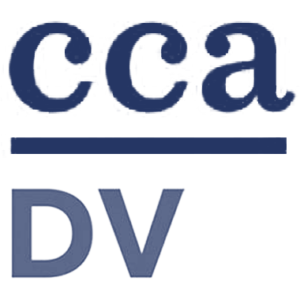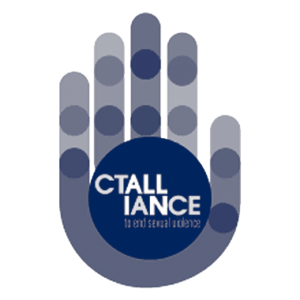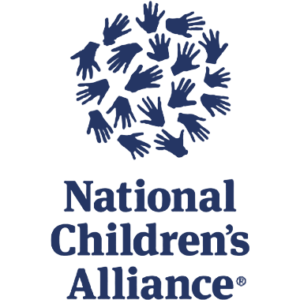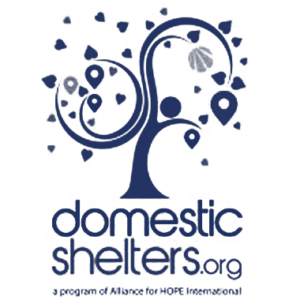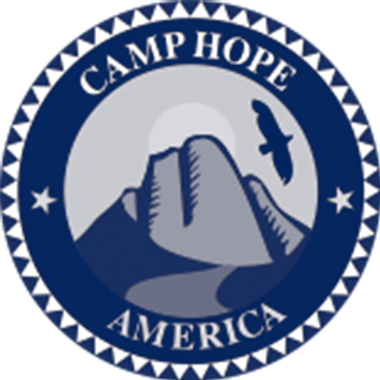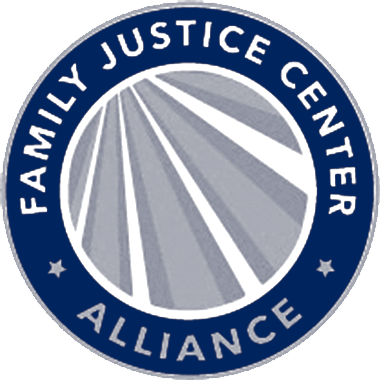By Scott Redfern
I am the brother of a domestic violence survivor, and I’m the father of a sexual assault survivor. I also happen to be the Secretary of the Board of Directors here at the Center and a proud member of the White Ribbon Committee. I introduced myself that way because my reaction to those events inspired my journey to mentoring.
That call my wife Jan and I got from our daughter while she was away at college changed me forever. I was angry – angry that I couldn’t protect my daughter.
During the following two years, which I look back on as “wandering the desert of anger,” I realized a few things. The first was that staying angry was eating me up inside. The second was that dads sometimes get things wrong. Before my daughter went off to college, I taught her the things I thought were important. Things like never accepting an open drink, always going on group first dates, and to never walk home alone at night.
As Dads, when we do this, we’re actually teaching our daughters “how not to get raped” when we should be spending time teaching young men teaching them these three values:
The first is, there’s a big difference between toxic masculinity & healthy masculinity,
The second is, always, always respect their partners,
And the third is to raise women up, give them a voice, and share our privilege with them.
So, I joined CFJ’s White Ribbon Committee to heal myself and also get into action.
The first event I got involved in was our Walk A Mile in Her Shoes® event which raises awareness on the need to break the cycle of violence, but also to let survivors know that we care and that they are not alone.
We also created Speaking With Men, the little brother event to Speaking of Women, and starts community conversations with men about, well, being men.
Most recently, we’ve gotten involved in the Center’s Elizabeth M. Pfriem Pathways to HOPE mentoring program, which brings it full circle for me to what I realized a few years ago. It’s so important for men to be role models working directly with young men to instill the three values I mentioned earlier, but also to share our experiences, wisdom and joy, to support them and encourage them to pursue their dreams. In doing so, maybe, just maybe, we’ll become a lighthouse for them too.
So if you’re wondering what one thing you can do when leaving here today – aside from supporting CFJ financially – consider becoming a mentor either in your community or in our Pathways to HOPE program. We need both men and women mentors.
I know what you’re thinking, you’re thinking, “I can’t do that, I don’t have the experience.” Consider this, if you’re a parent or grandparent, you’re a mentor. If you’re a teacher or coach or church group leader, you’re a mentor. If you’re a colleague or a leader at work, you’re a mentor. And if you’re a spouse or friend or sibling, YOU ARE A MENTOR. You just don’t happen to think of what you’re doing as mentoring.
Let me leave one final thought with you from Oprah Winfrey who said, “A mentor is someone who allows you to see the HOPE inside yourself.”
For more information about mentoring and our Pathways to HOPE program, contact Amanda Posila at aposila@centerforfamilyjustice.org or call (203) 334-6154.
For more information about all CFJ’s programs and services, which are all free and confidential, go to www.centerforfamilyjustice.org.

